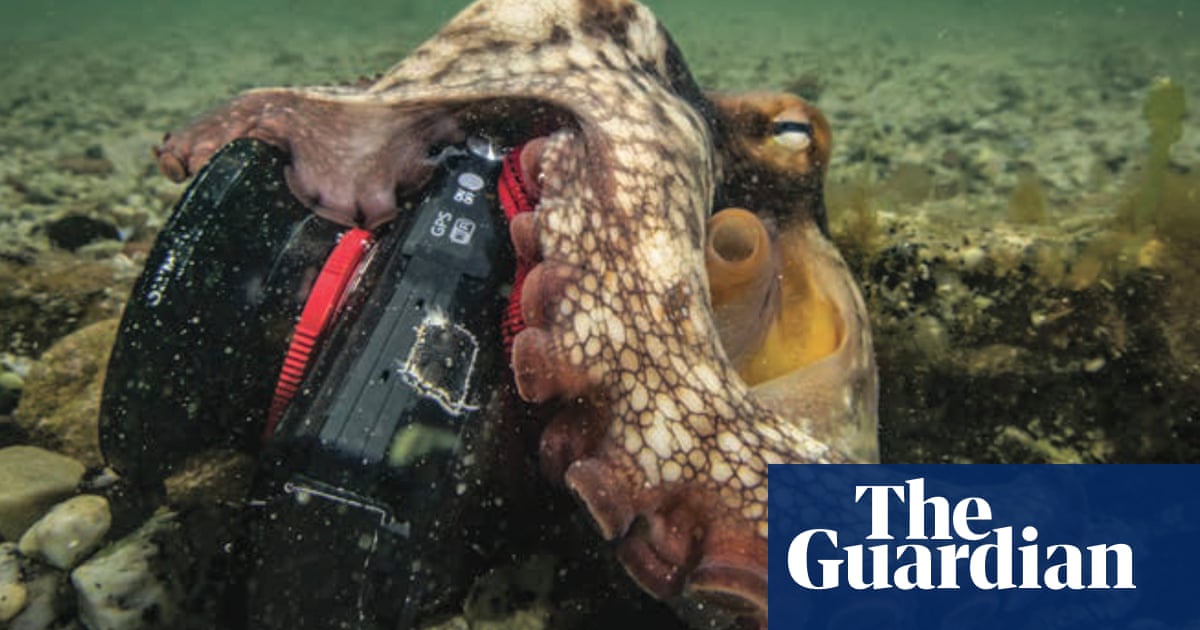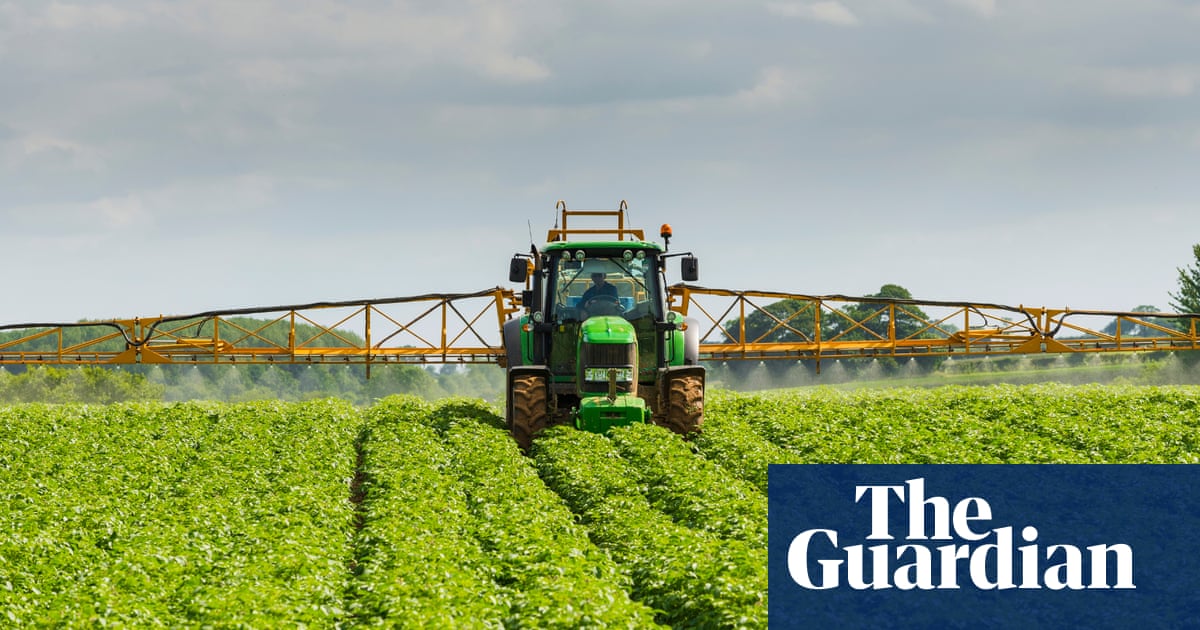How do you follow My Octopus Teacher? With crocodiles, otters and a new book | Environment


When the film My Octopus Teacher aired on Netflix in 2020 it was a huge overnight success, going on to win an Oscar the following year for best documentary. The simple but touching tale of the tender bond between film-maker Craig Foster and his young undersea companion had audiences spellbound worldwide. Some, like Sir Richard Branson, even gave up eating octopus after watching the film.
Yet for Foster himself, the overnight fame was emotionally debilitating. “You’re working on this little story that you think a few people might be interested in and suddenly you’re in front of 100 million people,” he says. “I didn’t think it would affect me so much, but it was very difficult. Terrifying, to be honest.”
His ocean front house in Simon’s Town, South Africa, burned down a year and a half ago, and he lost everything. But that was nothing, Foster says, compared with the blind terror he felt after being exposed to such a massive TV audience. It was so different to the quiet life he’d been leading on the shores of the underwater kelp forests, and he couldn’t handle it, he says. His mental health suffered and he had trouble sleeping for months.
But his love for the ocean didn’t change and it was partly his daily sea dives that helped restore Foster’s inner strength and equilibrium.
Now he has re-emerged, not with a new film, but a book, Amphibious Soul, which is published next week.
It is a memoir, he says, but also a video diary, with a QR code that allows readers to link to dozens of Foster’s short films – footage of wild animals and the natural world that he has compiled over decades.
Foster hopes to “awaken the wild side” in people and get them connecting more with nature and species, even if they live in cities – look at how foxes have managed to survive in cities against all the odds, he suggests.
Many of the book’s stories, though, focus on animals most people will never come into contact with. But Foster sees his role as “trying to translate what these animals have taught me”.
Foster was 15 when he had his first face-to-face encounter with a giant octopus.
He had taken a boat out with a friend to a part of the South African coast that’s normally too choppy to swim in. But it was a calm day, he recalls. He took a big gulp of air through his snorkel and jumped off the boat, diving down about six metres (20ft). All of a sudden he was aware of something large looming beside him and saw through his mask a creature with “a bright orange head the size of a rugby ball” and huge tentacles.
“It grabbed my arms and dragged me into its den,” says Foster. “I just knew – if I struggle, I’ve had it.”
So he relaxed his body and let himself be pulled down.
Luckily, Foster was good at holding his breath. After a minute or so the octopus released its grip and the teenager was able to swim to the surface.
It’s an experience that would traumatise most people, but Foster felt a powerful connection. “I couldn’t wait to get back in the water,” he says.
after newsletter promotion
In the book he also describes the time he tracked a 4.5 metre Nile crocodile, considered one of the most dangerous predators in the world, and followed it into its lair.
“When you face what people have put out there as this incredibly scary monster, and it turns out to be this magnificent creature, you lose your sense of fear,” he says.
In another short film we see how an octopus pinches Foster’s camera and turns the tables, with the animal filming the man. It’s a metaphor for the book, Foster thinks, in the sense of “we’re all living a sort of double life”.
“We’ve forgotten that we’re wild animals in the ecosystem,” he says.
Foster talks in the book, too, about his experience of working on land with Indigenous people all over Africa, and learning to track with them.
“They have a much deeper sense of what life is about because they have a deep relationship with the wild,” he says. “We should be listening to them and learning from them.”
For Foster, human connection with animals is key. Although he says he won’t make another octopus film, he has been getting to know a wild otter. He describes feeling “an overwhelming mix of emotions – love, gratitude and a bit of confusion” when it reached out a paw to stroke his face.
Could this be a My Otter Teacher in the making?
Source link




